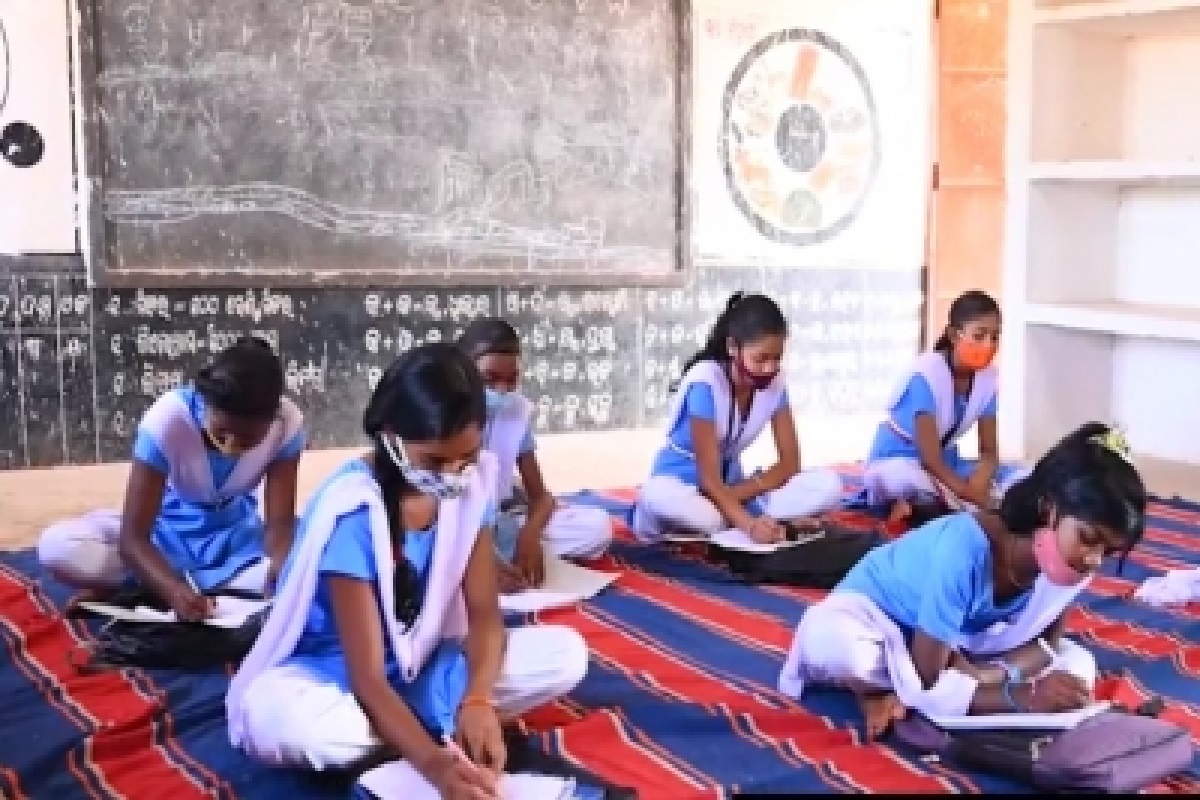Cold storage association demands storage rent rise from govt
West Bengal Cold Storage Association held their 60th annual general meeting on Wednesday.
It is a measure of the general resentment against the eleven-day extension of summer vacation in schools that the West Bengal government’s decision has caused a flutter in the roost.

Photo: IANS
It is a measure of the general resentment against the eleven-day extension of summer vacation in schools that the West Bengal government’s decision has caused a flutter in the roost. The extension has been announced in the immediate aftermath of the dislocation in the academic schedule due to the Covid-19 pandemic. Two vital years in the student’s search for learning have been lost. Confusion is worse confounded by the discord over the online and offline modes of instruction.
Monday’s imprimatur to heads of schools, specifically not to reopen schools before June 26, is bound to widen what they call the “learning gaps”, which can only be addressed through continuous on-campus sessions. Hence the appeal to the Chief Minister by school heads to reconsider the decision to extend the summer vacation. It has very pertinently been pointed out that hot and humid conditions prevail in West Bengal even during autumn. “Students are used to such climate conditions and they are even working in fields and shops during the closure of the schools,” states the letter. West Bengal’s weather pattern has been highlighted because the education department had cited reports of a few deaths due to heat and humidity as the reason for extending the summer vacation by eleven days.
Advertisement
It would be pertinent to recall that last year the state had sizzled during Durga Puja in October. Truth to tell, West Bengal enjoys favourable weather only from November to February, and even that may change with global warming. And then with tongue firmly in cheek, a headmaster of a school in South 24- Parganas has remarked that “going by the logic of the education department, we should have school only for four months”. This would be absurd in the extreme. The teachers’ association has pleaded with the government to let the school authorities decide on the duration of the vacation.
Advertisement
Small wonder that Nabanna’s directive has not been endorsed either by the teachers or the taught. Both are bound to suffer. The fact of the matter must be that the absence of in-person classes for close to two years has left many children lagging in terms of learning. Ergo, teaching ought to begin from where the students are stuck, instead of being riveted to the syllabus. Indeed, this was emphasized by the Nobel laureate, economist Abhijit Vinayak Banerjee, in February while speaking at the release of the Annual Status of Education Report (ASER) 2021 for rural Ben- gal. Based on a survey conducted among students of government schools, the report had revealed a significant decline ~ compared to 2018 ~ in the children’s ability to read letters, divide a composition into paragraphs, and solve problems in arithmetic. Education, most particularly at the school level, needs to be meaningful, and not curtailed.
Advertisement